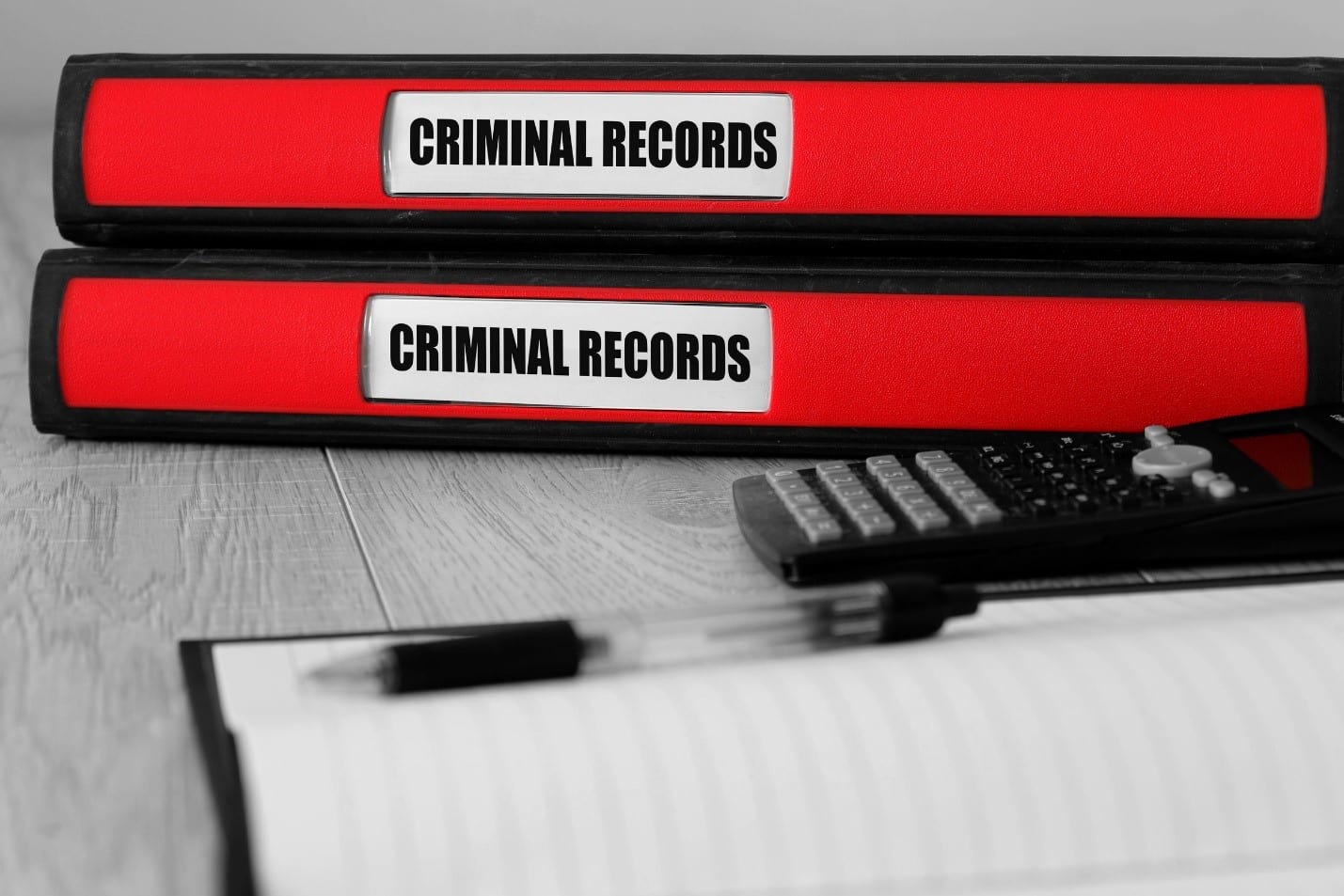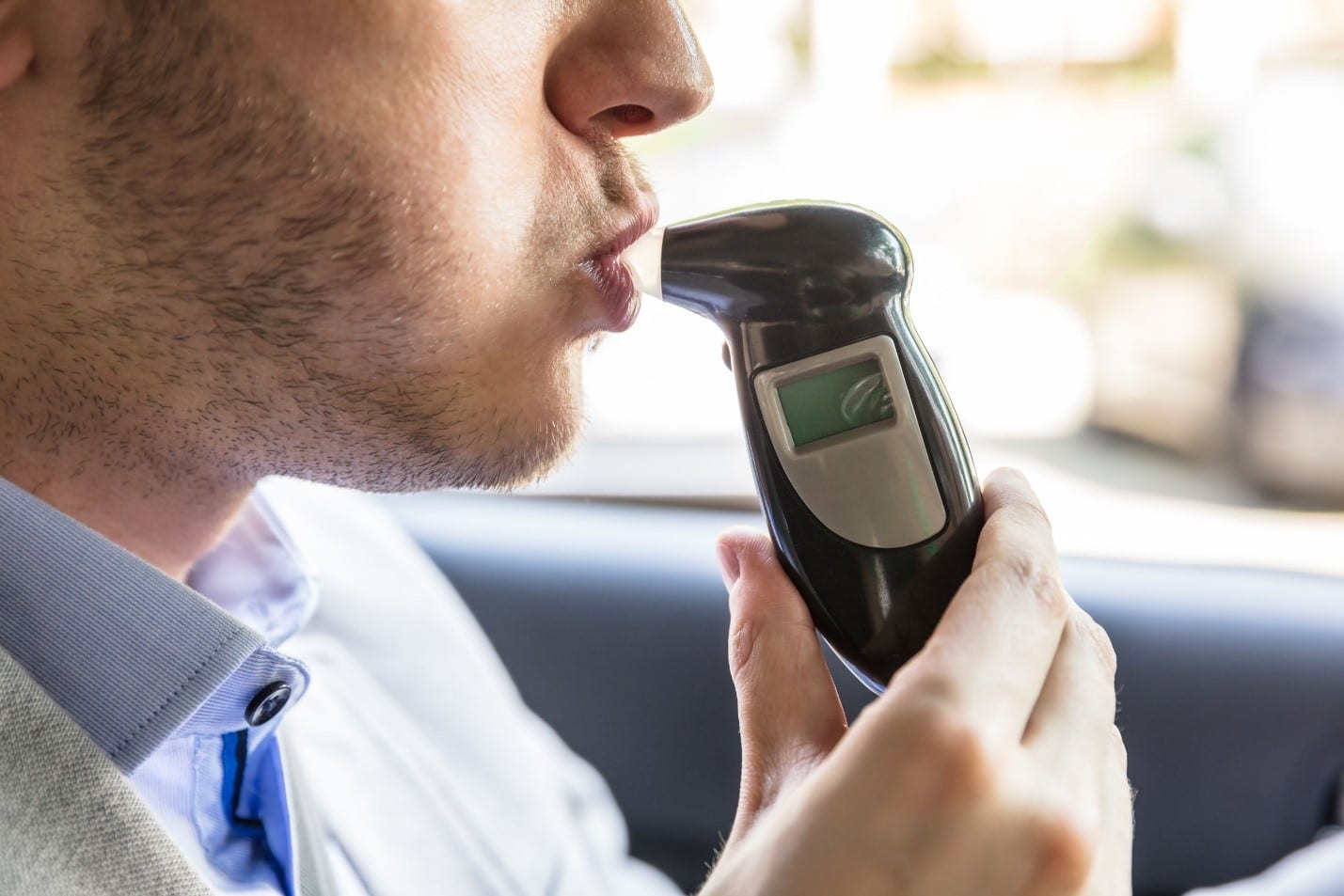
A DWI on your criminal record isn’t just embarrassing. It can seriously hinder you from moving forward with your life. Employers, landlords, and the public can easily access your past mistakes and use them against you.
What you may not know is state laws allow many Texans to seal their records after they’ve served their time. If you do know, you may not be aware that some charges don’t qualify.
Questions we often field from clients are specifically about your Texas DWI records, and whether they can be sealed. The short answer is “yes…but there are rules.”
Yes, But There Are Rules
In 2017, Texas lawmakers proposed HB 3016. The bill set out to expand the laws regarding orders of non-disclosure, or “criminal record sealing.” Orders of non-disclosure allow offenders to hide their criminal records, including convictions, from the general public.
Governor Abbott signed the bill in June of that year, and people who were convicted of a misdemeanor DWI can now apply to have their records sealed. However, they must meet certain criteria before their application is approved.
Scenarios That Disqualify You from Sealing Your Criminal Record
Not all DWI convictions can be sealed. If any of the following elements were present in your case, you won’t be able to apply for criminal record sealing:
- Your BAC registered over .15 BAC at the time of your DWI
- You have previous DWI convictions on your record
- You have previous convictions on your record, period
- Your DWI coincided with an accident that hurt pedestrians, passengers, or other drivers
- The DWI on your record is a felony
The other requirement is that (in most cases) you must wait until two years pass since your DWI conviction. Here’s more on how timing works...
Eligibility Also Depends on Your Conviction (and Often Your Penalties)
HB 3016 also changed the dates in which offenders could apply for expunction. Texans convicted of DWI can apply for non-disclosure immediately after their sentence is completed only if the crime was punishable by a fine.
In many cases, however, offenders have to wait until they have completed their initial sentences. When an offender receives other penalties (community service, jail time, ignition interlock device installation, etc.) in conjunction with their DWI conviction, they will most likely have to wait longer than that.
For instance, offenders who are sentenced to at least six months driving a motor vehicle equipped with an ignition interlock device (or IID), they are required to wait two years after they complete their sentence. On the other hand, if an IID was not part of their sentence, the waiting period is five years.

So let’s say you’ve waited, and applied, and had your request granted. Once your records are sealed, does it mean no one can see them? Not exactly.
The Rules on Who Can See Your Sealed Records
Criminal record sealing simply seals your record. It hides the record from the general public, but special groups have permission to unseal and view your record.
Law enforcement officers can still view your sealed records. Employers who work for the government may also access these records and make employment decisions based on what they find. State and federal authorities may also view sealed records.
Is there a way to clear my name permanently? Well, there is a legal term for it -- expunction -- but it doesn’t apply here.
What About Expunction?
If you want a charge or conviction to disappear completely, you will have to apply for an expunction. Unfortunately, Texas does not allow people convicted of DWI to get their records expunged.
There are certain circumstances that can pertain to a DWI arrest that may qualify. If you were arrested for DWI and not charged, for instance, or charged and not convicted, you may be able to apply for expunction.
Reach out to a Texas criminal defense lawyer for more information on expunction and whether you qualify to have your arrest/charges erased from your permanent record.
This Rule Does Not Apply to All Misdemeanor DWIs
DWIs don’t just happen behind the wheel of a car. Boating while intoxicated, for example, is another misdemeanor DWI charge in Texas. The following misdemeanor DWI charges are not included in HB 3016 and remain ineligible for records sealing:
- Boating while intoxicated
- Flying while intoxicated
- Operating an amusement park ride while intoxicated
HB 3016 takes a lot of confusion out of the criminal record sealing rules. Texans can apply to have most convictions sealed from the public eye, provided they wait up to two years after their sentence was completed.
If you are currently facing DWI charges, you already have a criminal record. This doesn’t mean you should just give up and accept a conviction and whatever consequences the prosecutor is seeking, though.

With the right defense, you may be able to get your charges dropped or reduced. Then you and your Fort Worth DWI lawyer can work on the record itself.
About the Author:
Brandon Fulgham has an in-depth understanding of both Texas law and Texans themselves. Before practicing law here, he received his undergraduate degree from TCU, and his law degree from South Texas College of Law in Houston. After graduation, he worked in District Attorneys’ offices as a prosecutor, building cases designed to put people behind bars. Now, he uses that knowledge to protect the rights of people in and around Fort Worth, making sure they receive the strongest possible defense when they find themselves on the wrong side of the law. He has been recognized for his work by The National Trial Lawyers, Fort Worth Magazine, and others.